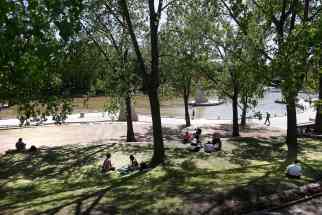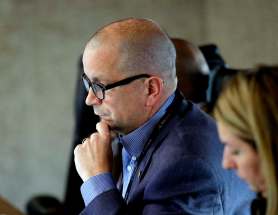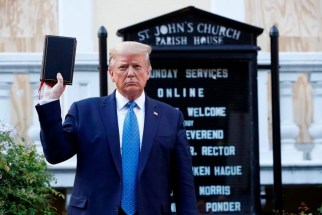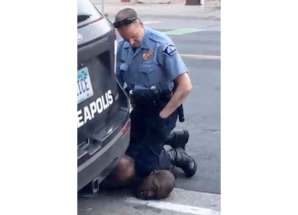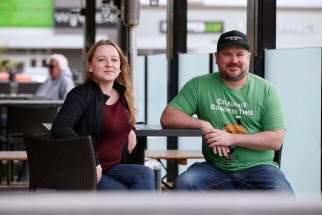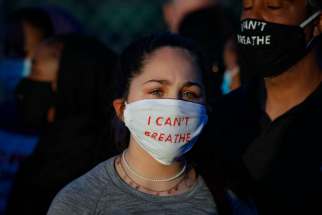Councillor calls for restoration of in-person delegations City has yet to provide date for return to normal council meeting practices
Read this article for free:
or
Already have an account? Log in here »
To continue reading, please subscribe:
Monthly Digital Subscription
$0 for the first 4 weeks*
- Enjoy unlimited reading on winnipegfreepress.com
- Read the E-Edition, our digital replica newspaper
- Access News Break, our award-winning app
- Play interactive puzzles
*No charge for 4 weeks then price increases to the regular rate of $19.00 plus GST every four weeks. Offer available to new and qualified returning subscribers only. Cancel any time.
Monthly Digital Subscription
$4.75/week*
- Enjoy unlimited reading on winnipegfreepress.com
- Read the E-Edition, our digital replica newspaper
- Access News Break, our award-winning app
- Play interactive puzzles
*Billed as $19 plus GST every four weeks. Cancel any time.
To continue reading, please subscribe:
Add Free Press access to your Brandon Sun subscription for only an additional
$1 for the first 4 weeks*
*Your next subscription payment will increase by $1.00 and you will be charged $16.99 plus GST for four weeks. After four weeks, your payment will increase to $23.99 plus GST every four weeks.
Read unlimited articles for free today:
or
Already have an account? Log in here »
Hey there, time traveller!
This article was published 01/06/2020 (2024 days ago), so information in it may no longer be current.
Before the COVID-19 pandemic, Winnipeggers could sign up to enter the city council chamber and share their views with elected officials.
After the virus began spreading in Winnipeg, the entire council building was temporarily closed to the public to reduce the risk.
But some argue it’s time to start inviting the public back inside.
Coun. Shawn Nason (Transcona) said he’s confident the city can restore public access safely, even if that requires asking Winnipeggers to wear masks or wait in a large foyer for their turn to speak.
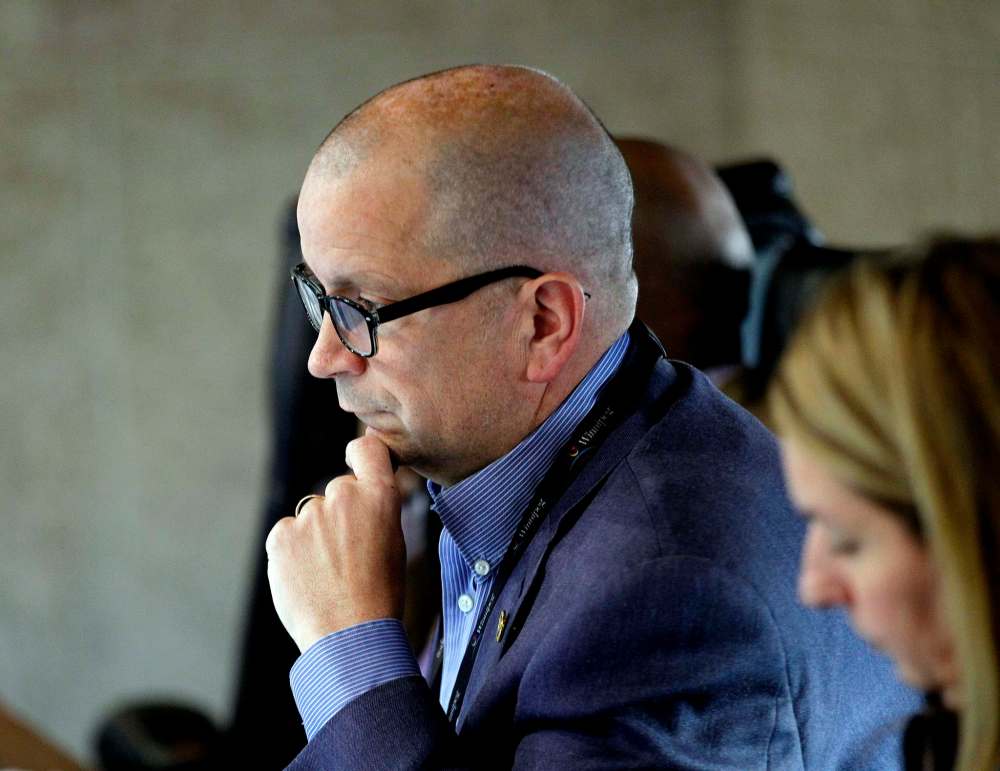
Nason said there are several reasons the city should ensure its council chambers welcome back residents, including a need to ensure councillors receive as much clear feedback as possible.
The councillor said it can be difficult to communicate with a member of the public who has joined a council or committee meeting remotely.
“I think you lose some of that emotion, some of that body language that you would see (in person). If they’re only doing audio, you don’t see the impact on their face when they’re delivering their message. It is a little more difficult to engage back and forth in dialogue as well, when there’s audio lags and other noise interference,” said Nason.
“I think you lose some of that emotion, some of that body language that you would see (in person). If they’re only doing audio, you don’t see the impact on their face when they’re delivering their message. It is a little more difficult to engage back and forth in dialogue as well, when there’s audio lags and other noise interference.” – Coun. Shawn Nason
Effective April 3, only previously registered delegates could enter a council or committee meeting, with the council building otherwise closed to the public. On April 14, the city announced those who wished to provide input on city policy decisions could only do so through telephone lines and, by early May, video feeds.
On Monday, as the province’s second phase of reopening Manitoba businesses and facilities took effect, in-person access for the public to make presentations at council and committee meetings remained cut off.
Nason said he’s concerned residents who aren’t comfortable with newer technology could opt against speaking to council or a committee while that continues, which may create a barrier to getting some community feedback.
It may also be more challenging for council members to devote their full attention to those who dial in to a meeting by phone or log in to a video feed than those who previously showed up in person, said Paul Thomas, professor emeritus of political studies at the University of Manitoba.
“We improvised, based on the advice of the health experts, and now we should say legislatures, councils, are an essential institution and we should gradually get back (toward) normal.” – Paul Thomas, professor emeritus of political studies at the University of Manitoba
“The dynamics of it and the atmospherics of it are entirely different. It’s a kind of disembodied experience with people out there in cyberspace, a voice and an image coming at you. And that’s not the same as the head of a public sector union protesting layoffs (while physically) at City Hall,” said Thomas.
“If you stand in front of an audience and some of the passion you’re feeling about an issue comes out, I think you’re more likely to have an impact than as a voice at the end of a line,” he added.
The political expert said he agrees a gradual return to normal, with precautions to follow social distancing and other public health recommendations, is warranted.
“We improvised, based on the advice of the health experts, and now we should say legislatures, councils, are an essential institution and we should gradually get back (toward) normal,” he said.
Christopher Adams, a Manitoba political scientist and author, said he agrees with the need to reduce in-person interactions due to the pandemic risk.
However, Adams also urged governments and their voters to ensure the change is reversed as soon as is safely possible.
“I think citizens and politicians have to be vigilant that they don’t get into the habit of this, of closing open forums down… that they work hard to make sure that we go back to proper input from the public when it’s safe to do so,” he said.
In an emailed statement, a city spokeswoman said all Winnipeggers who asked to speak as delegates at City Hall meetings since the remote requirement took effect have been able to do so.
“We look forward to when we will be able to welcome delegations back in person, but until such time, we will continue to provide alternate means for citizens to have their voices heard at City Hall,” wrote spokeswoman Tamara Forlanski.
The statement did not offer a date for when in-person delegations could return.
Joyanne.pursaga@freepress.mb.ca
Twitter: @joyanne_pursaga

Born and raised in Winnipeg, Joyanne loves to tell the stories of this city, especially when politics is involved. Joyanne became the city hall reporter for the Winnipeg Free Press in early 2020.
Our newsroom depends on a growing audience of readers to power our journalism. If you are not a paid reader, please consider becoming a subscriber.
Our newsroom depends on its audience of readers to power our journalism. Thank you for your support.

